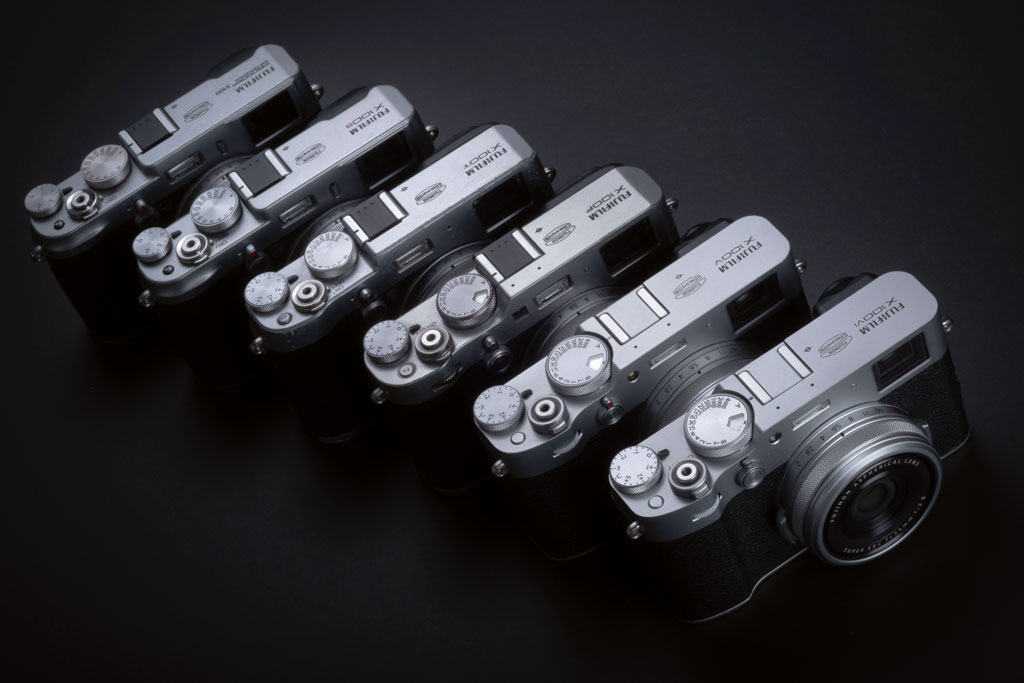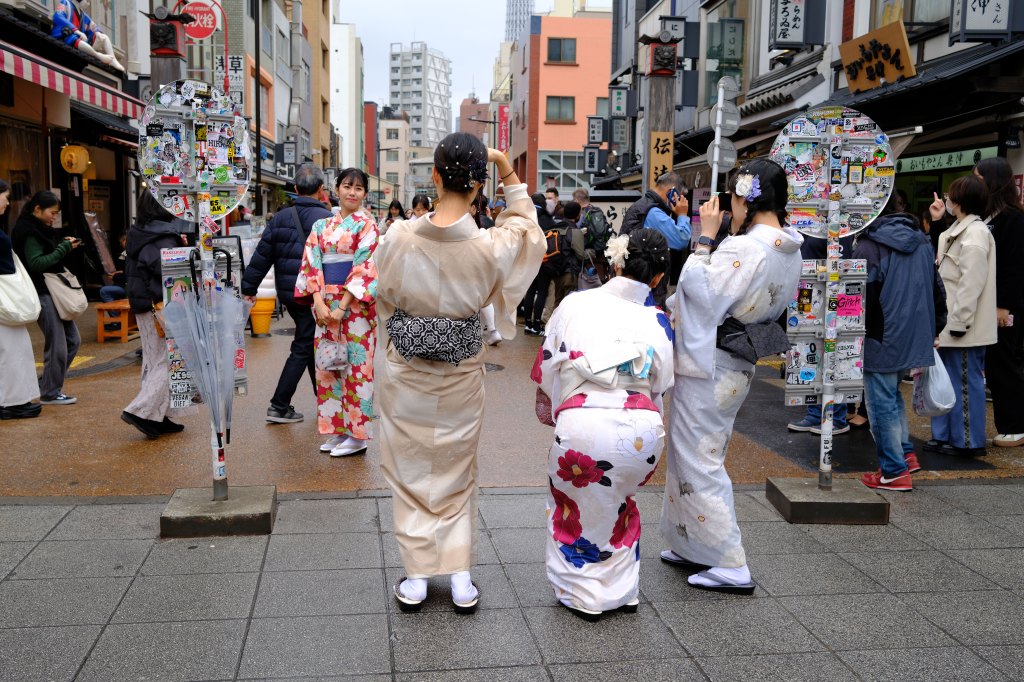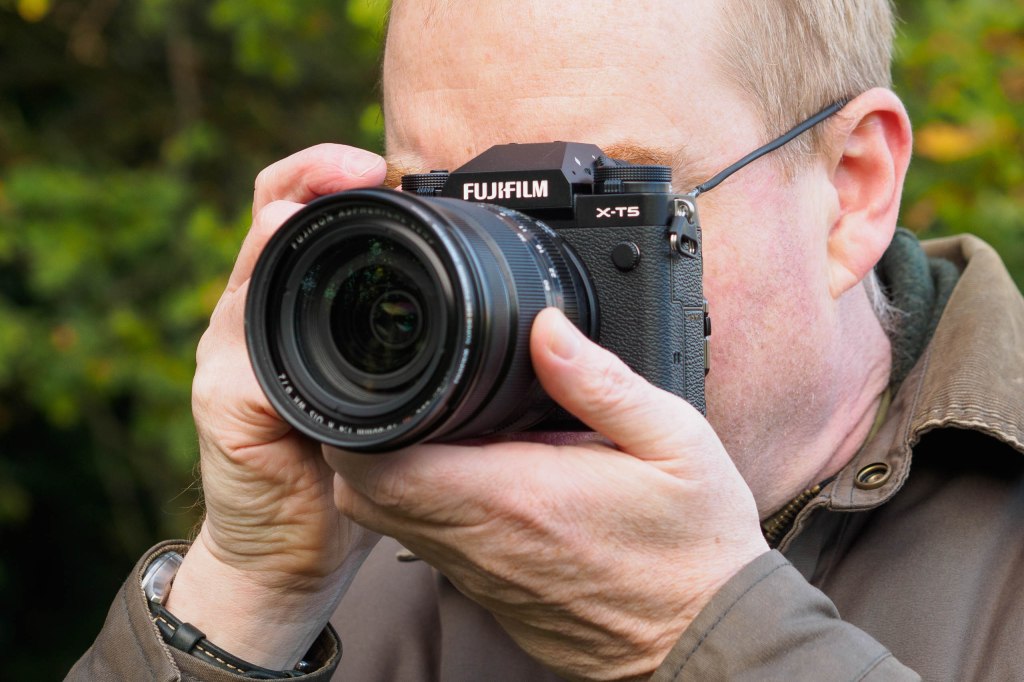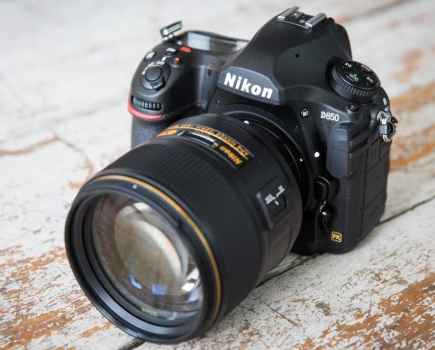It has been a busy year for Fujifilm. Not only did it release the hugely popular X100VI, but also brought out the X-M5 and entry level X-T50. The company’s Instax range of instant cameras and printers continue to sell well, too.
Recently, AP editor Nigel Atherton sat down with Theo Georghiades, general manager of Fujifilm Imaging Solutions UK, for a wide-ranging discussion about the latest camera releases, the current state of the market and more. Below is part one of the interview – watch out for part 2 very soon!

How has this year been for Fujifilm?
TG: We’re growing quite healthily in imaging and are really excited to see what’s in store for us over the next few years. Our recent product launches have really set us apart from other brands… we’ve always been a bit different.
We’re trying to create our own niche in the marketplace. Especially in the UK, Fujifilm has proven that we can be strong on our own without having a full-frame offering.
In fact, Fujifilm is now number three the UK market in terms of sales value, behind only Canon and Sony. That includes all camera types, including compacts. With the the success of the X100VI and of the GFX range growing as well, it’s good news for us.

How do you react to accusations that Fujifilm underestimated demand for the X100VI?
TG: I don’t think we did. Like any business, you put in a forecast for a new launch and you’re prudent. It’s in nobody’s interest to have stock sitting on the shelves for a long time. But the launch day of the X100VI was unprecedented, I remember sitting in the auditorium in Tokyo with UK retail partners all around us, along with other people from all over the world.
Nobody in their right mind could have predicted how orders would accelerate – it was amazing. There’s been a lot of criticism of our planning and all this kind of stuff which, to me, is unfair because unless you see what goes on in the background, it’s too easy to leap to a negative conclusion.
I credit us for having acted on it as quickly as we did; realising very quickly that actually there was a bigger demand for the Fujifilm X100VI than we expected.
It takes up to two years to develop and launch a camera. Once you’ve got your planning involved, you make a forecast and bring it to market. You can’t just turn the tap on and double, triple or quadruple supply. It takes time, but Fujifilm took swift action. Within days of the X100VI being announced we put the wheels in motion to increase production.
Since September, we’ve been able to increase allocations to retailers. Waiting times have decreased steadily, in the UK and around the world. Demand remains really high, but customers may only wait a couple of months now rather than six.

20/20 hindsight is a wonderful thing…
TG: Indeed. At the same time, from a marketing point of view, it’s great to have that impetus, with everyone talking about your particular product. Fujifilm has also seen a fantastic catalyst effect on the rest of the range. Obviously, we’re doing our best to meet the demand from those customers that have their hearts set on the X100VI.
But there are others who want it because it’s got the film simulation modes, and don’t realise that they can also get this on a X-S20, a X-T5, or X-T50; so there is an opportunity and a need to educate consumers on other models in our range.

So what are Fujifilm’s best-selling cameras in the UK? Is the X100VI simply out-selling everything else?
TG: This year the X100VI has surpassed the X-T5, although they are pretty close. Next after these in terms of demand is the X-T30 II. That’s had a similar ‘viral’ phenomenon to the X100VI; not in the same kind of volume, but these are the two cameras on the lips of content creators and first-time user audiences.
How about the X-T50?
TG: That had a really good start, then a bit of a dip, and has now started to pick up again. When a consumer is researching a new camera to buy for months and months, they see a lot of ‘legacy’ stuff online. Type in ‘X100’ for example and it brings up a whole history of the range and so much chat.
A new camera obviously needs to accumulate that sort of content. When it’s a replacement camera – the X-T5, for example – there was legacy. The X-T50, however, didn’t replace anything, it just came in as a new camera. So it takes time.
But the film simulation dial has attracted lots of new users, and at the same time frustrated some existing ones because that’s not what they want. It’s probably not the right camera for them, and they could focus on the X-T30 II or look at the X-T5. Every time we launch a camera, we find that people expect everything from it. That’s the nature of the beast. No one particular camera can be for everyone!

Are there any plans for the XE or X Pro range?
TG: Yes, during the Covid lockdown, the cost of semiconductors became crazy for everybody, and this slowed things down. Costs became astronomical, and that changed the cycle – slowing down everyone’s plans and forcing all brands to prioritise their products for attention.
The X Pro and XE definitely remain important to us; their time will come! We love them and talk about them as much as enthusiasts do. It’s just that it can take time.
The second part of our interview with Theo is coming soon. In the meantime, check out our guide to the best Fujifilm X-mount lenses here.







